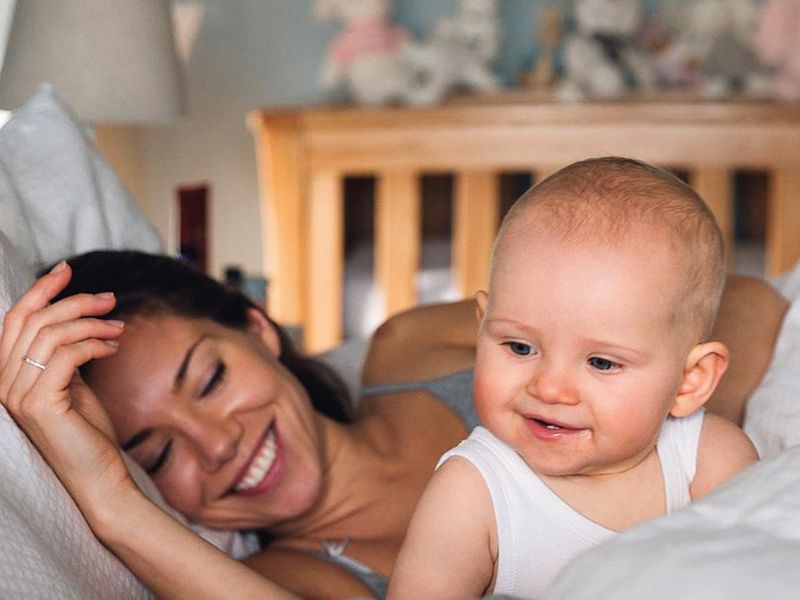1 of 8

2 of 8

3 of 8

4 of 8

5 of 8

6 of 8

7 of 8

8 of 8

Ensuring you and your child get a proper amount of rest is healthy for the whole family







